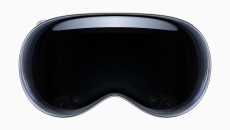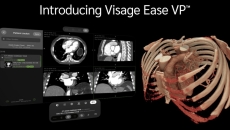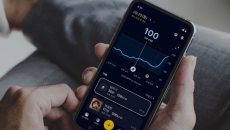Consumer
Personify will merge Virgin Pulse's wellbeing, health and comprehensive navigation services with HealthComp's health plan administration offerings.
Novii+ allows for continuous monitoring of high-risk pregnancies after 34 weeks, and alerts care teams of heart rate and contraction patterns during labor.
Xaia is an AI-enabled digital therapy platform accessible via Apple's augmented reality headset that helps individuals with pain, anxiety, depression and addiction.
The company's new product, Visage Ease VP, will allow users to examine diagnostic images in an immersive world via Apple's augmented reality headset.
Also, Seegene will be leveraging Microsoft's AI to advance the development of syndromic quantitative PCR diagnostic tests globally.
Bicycle Health patients can connect to therapists outside the realm of opioid use disorder, and Talkspace patients will have access to opioid use disorder specialty care.
The diabetes-focused company provides endocrinologists with tools to implement value-based care, collect data, and improve revenue growth and patient engagement.
The Maryland-based company offers virtual and in-person primary care, behavioral health and social care services to underserved populations with complex needs.
The collaboration aims to delineate best practices to help streamline the path to commercialization for digital health products.
One Medical providers will be able to request drug consultations on complex medication regimens for seniors managing chronic conditions.





